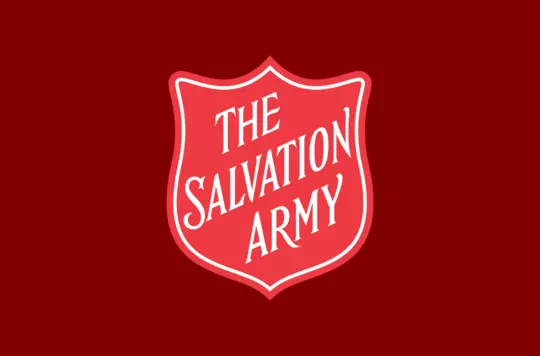23 September 2022
Hidden in plain sight: An update on our modern slavery response
Ivan Radford
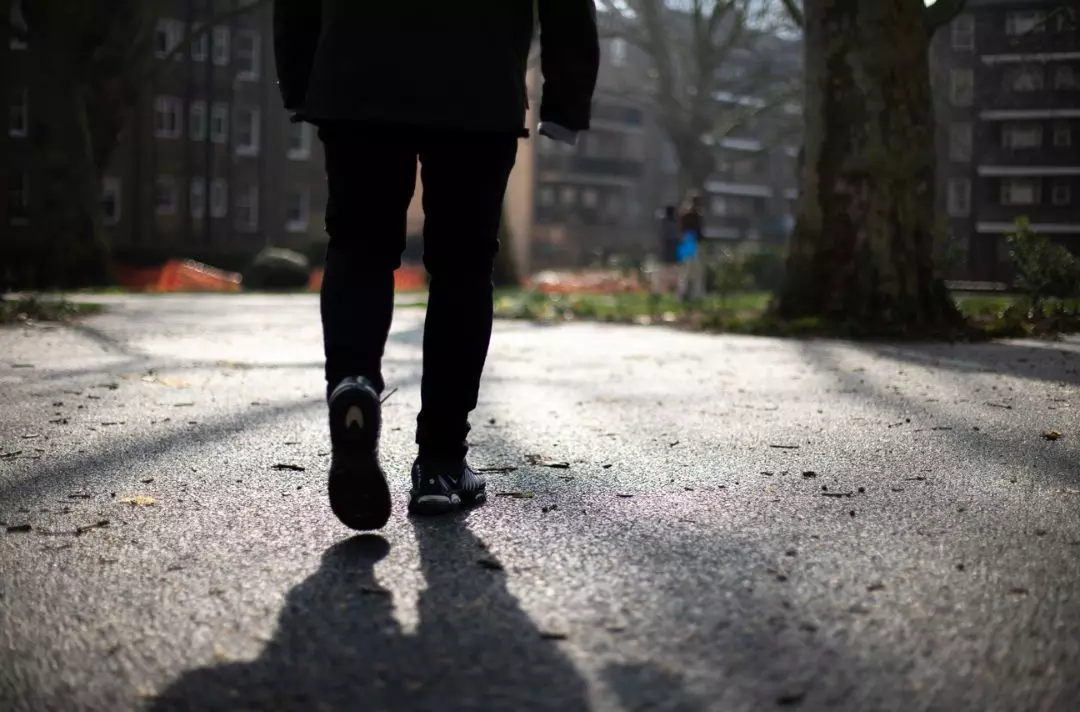
Ahead of the Annual Day of Prayer for Victims of Human Trafficking (Sunday 25 September), Ivan Radford explores the current challenges facing the Army’s Anti-Trafficking and Modern Slavery Unit.
In the summer, four-time Olympic gold medallist Sir Mo Farah revealed that he was a survivor of human trafficking. The revelation that he had been trafficked from Djibouti to London at the age of nine, and then forced into domestic servitude, was a shock to many.
The truth is, though, that Mo’s story was a sad reminder that human trafficking and modern slavery are all too prevalent.
‘It definitely helped raise awareness,’ says Director of Anti-Trafficking and Modern Slavery Major Kathy Betteridge.
‘It has helped us remind people that it happens to anybody. It can even be someone’s family who is targeted because they think they’re going to receive a payment or help their child receive a better education, but that’s not the case.’
Since the Army’s early days it has fought against the exploitation and sale of people, as it directly contravenes the fact that God created all people in his image.
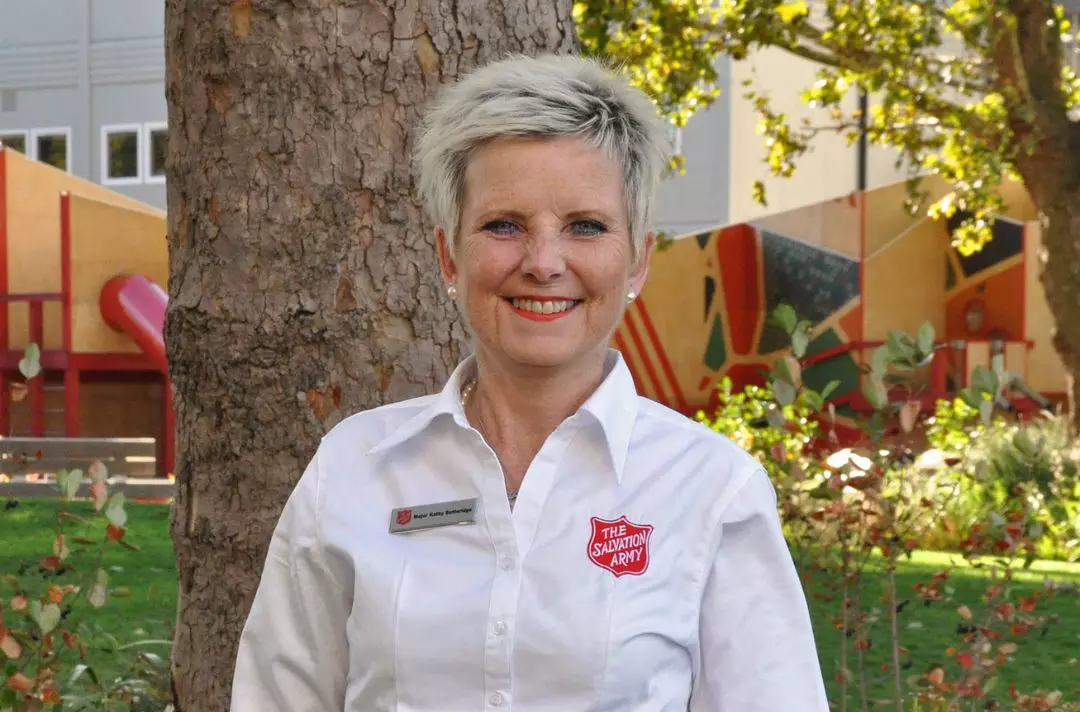
In England and Wales, the Army supports survivors of modern slavery through the Modern Slavery Victim Care Contract. It provides transport to safety, support and accommodation to survivors, and gives them a voice that can help impact policy decisions.
More than 15,000 people have been rescued from modern slavery and helped by the Army in the past decade.
Concerns following the pandemic
That fight has continued through the Covid-19 pandemic, with the lockdowns leaving victims more hidden than ever. As society has opened back up, the challenge has been not only to maintain support for survivors but also to remind the public that trafficking hasn’t gone away – too often it is hiding in plain sight.
‘One change that is a growing concern is that the needs of people coming into our service are becoming more complex,’ says Kathy.
The Army is one of the first responders that interviews survivors and provides their details to the Home Office. The case is then referred to the National Referral Mechanism, which decides whether there are ‘reasonable grounds’ that this person is a victim of modern slavery.
If it is decided that they are a potential victim, then they will be offered specialist support by the Army which may include safe house accommodation, if needed. While they are receiving this intensive support, called a period of ‘recovery and reflection’, the Home Office gathers further details about each person’s experience of exploitation to determine whether there are ‘conclusive grounds’ that they are a victim of modern slavery.
This decision can take longer than expected, which means that person’s life is on hold. That can lead to other issues, such as an impact on their mental health.
The Army is there to support at every stage, helping people access services and advocating for them. Alongside this is the survivor’s complicated journey of recovery from the trauma of exploitation.
Another trend is criminal exploitation. As of June 2021, the number of people forced to commit activities such as drug-dealing or shoplifting surged by 62 per cent. While Albanian was the most common nationality for people who entered support, British nationals were the second most common group, with the number jumping by 40 per cent in a year.
‘There’s also a change with younger individuals coming in,’ explains Kathy, ‘with criminal activities such as drug trafficking across county lines. It’s the targeting of these vulnerable, young people who are being coerced into these gangs because they want to belong.
‘We have more women coming in as well. They have relationships with gang members and are being targeted and made to carry drugs.’
Working to prevent the exploitation of Ukrainian refugees
Looking ahead, the team is braced for a potential increase in Ukrainians being referred for support following the war in their country. Displaced people are particularly vulnerable to exploitation while fleeing for safety and even once they have arrived in another country.
‘We are expecting it sadly,’ says Kathy. ‘If not by the end of this year, then probably into next year. Perpetrators will dive in and offer jobs and all kinds of opportunities, and that is when the slavery and exploitation can begin.’
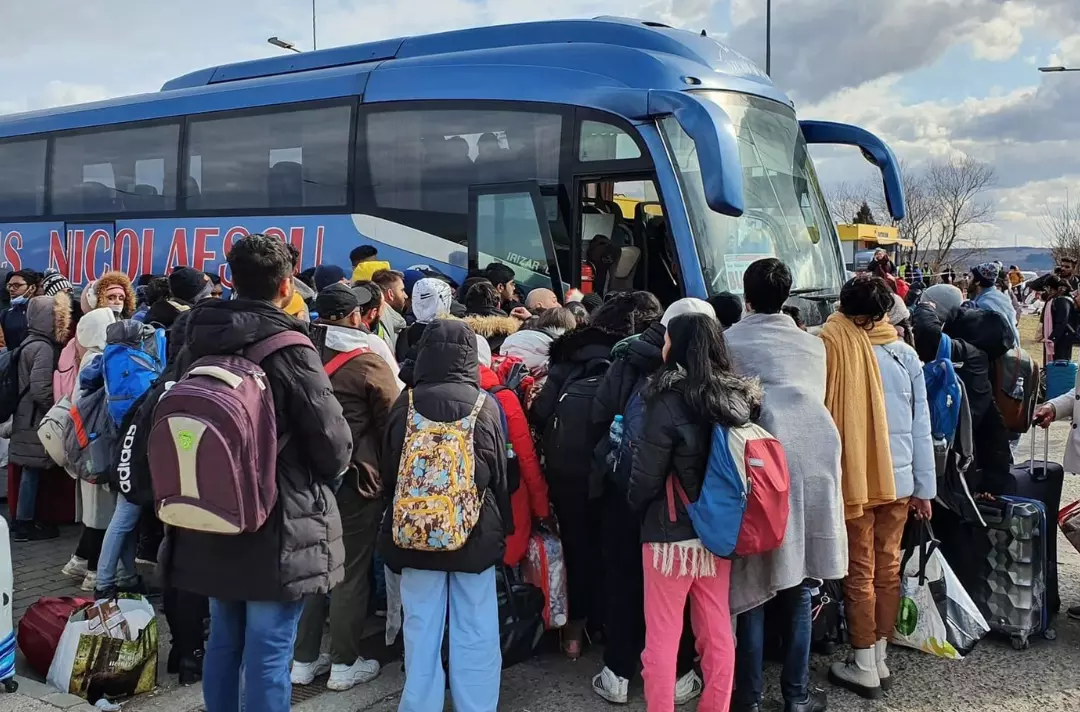
The Army has already been at work on an international scale to help alert people to the risks and signs.
‘We were working closely with our contacts in Romania, Moldova, Poland and surrounding areas,’ explains Kathy. ‘We produced a poster in 10 different languages to inform people of the risks.’
Initiatives to support survivors and raise awareness
Closer to home, the Army continues its recovery support work. It has introduced a music programme at its London outreach centre, which provides an opportunity for survivors to get involved with a community, providing an outlet to process their experiences and rebuild their confidence.
Another key development is the recruitment of a survivor inclusion and engagement adviser, who is building relationships with survivors and developing a forum and framework that can help strengthen their voices. This can then inform the development of the Army’s service and support changes in policy.
All this is in addition to a mentoring programme, an upcoming initiative to engage young people, an ongoing push for people to become volunteers and the Army’s annual awareness-raising tattoo campaign, which runs through to Anti-Slavery Day on 18 October. The temporary transfer tattoos, which carry the slogan ‘#WeAreNotforSale’, are available to purchase for £1 from sps-shop.com.
Underpinning this multi-faceted effort is the understanding that there is no such thing as a typical survivor.
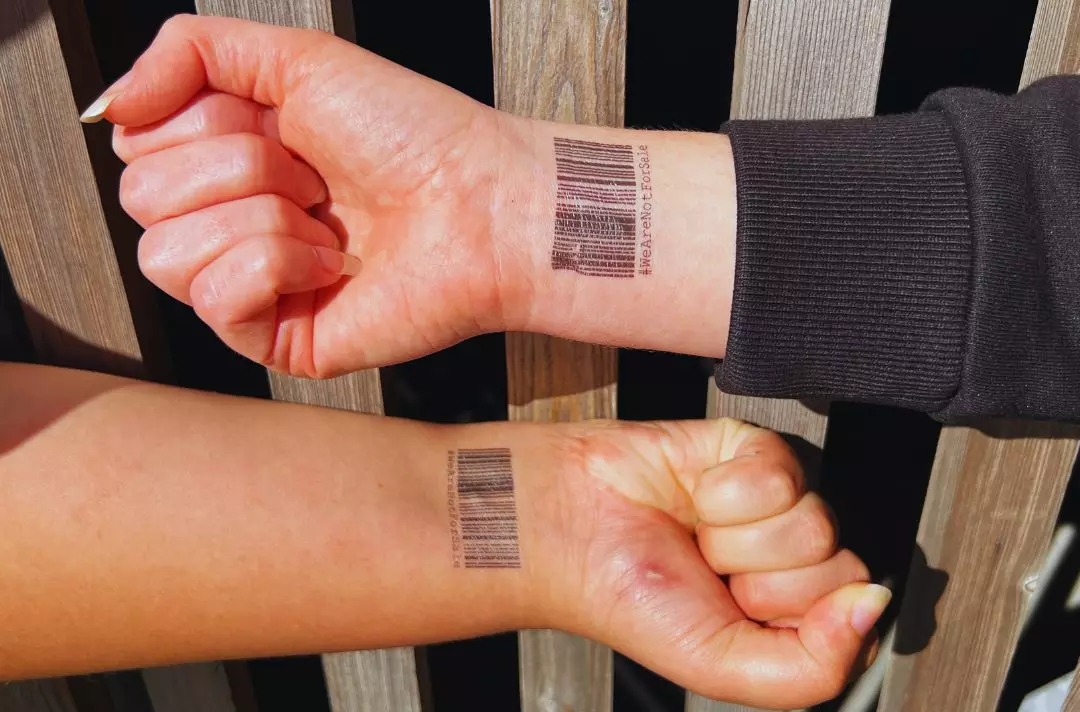
‘Sometimes you don’t realise you have been trafficked or exploited,’ says Kathy.
On this annual day of prayer, pray that the fight against the hidden exploitation of others will only become more visible.
- For more information and resources for the International Day of Prayer for Victims of Human Trafficking (Sunday 25 September), visit our international website: salvationarmy.org.
Written by

Ivan Radford
Managing Editor
Discover more
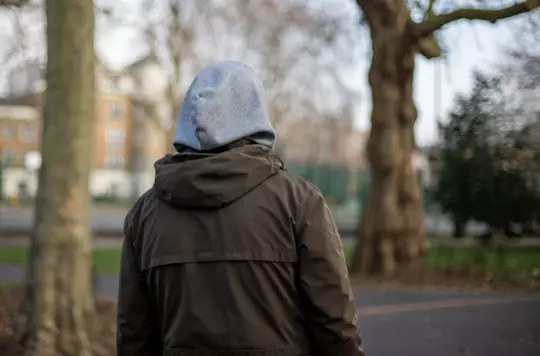
Captain Marion Rouffet highlights the biblical basis for the Army’s response to modern slavery.
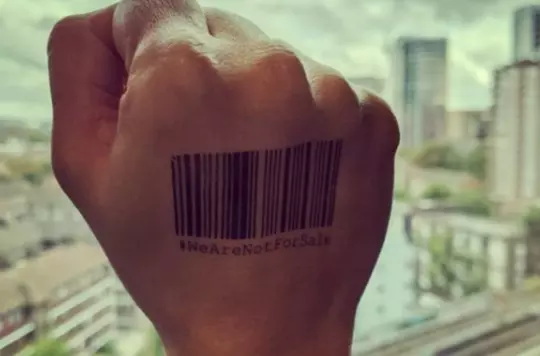
Our vision is to bring an end to slavery, fight for social justice and respond with compassionate care.
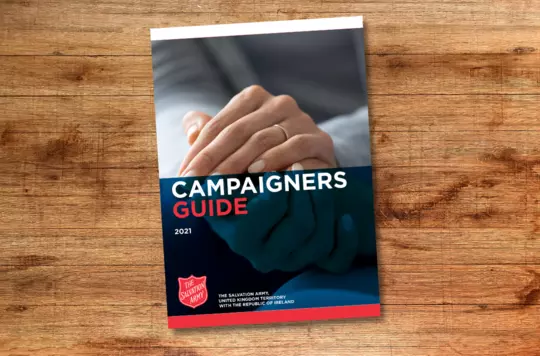
Public Affairs Officer Chris Hartley introduces a new opportunity for Salvationists.
